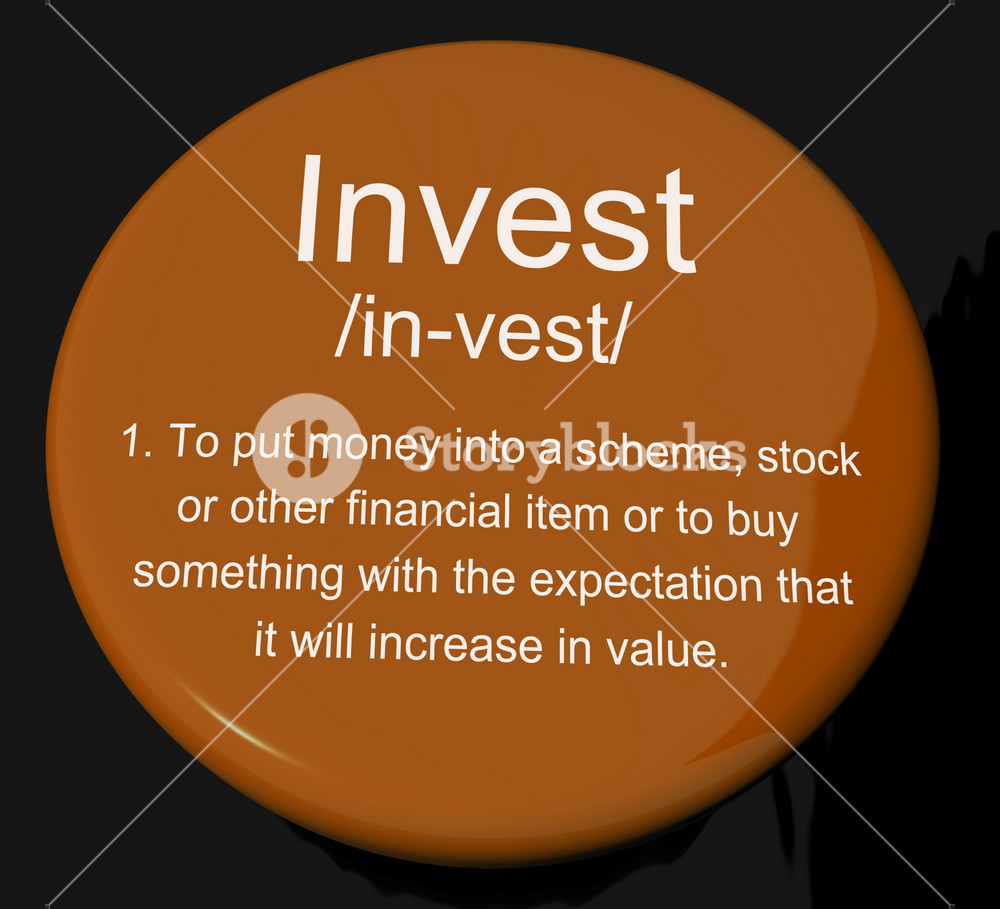
You can learn the most about forex trading by reading books. Many people try to get rich by trading the currency markets, but that rarely works. There are many books that cover forex trading. But you want one that is focused on the basics. Some of the best books for beginners are by Robert Zone, Anna Coulling, and Kathy Lien. These books have been written by forex traders who are successful in making money in the market.
Anna Coulling's book
There are many books on Forex trading, but few offer a holistic view of the currency market. This book analyzes the forces driving currency pairs, examines its linkages to other markets, and offers a framework for trading FX. Anna Coulling's three-dimensional approach to forex trading is a useful resource for traders of every skill level. The author is a veteran in the currency trade industry, and has published several books.
Kathy Lien’s book
Kathy Lien's book about forex trading is essential reading for anyone new to the subject. Lien gives you practical tips and simple explanations of forex trading. Forex trading can be extremely lucrative, but there are also potential risks. Using a poorly designed trading system can cost you your money. Lien's book offers helpful advice to help you avoid these errors.
Courtney Smith's book
How to Make a Living Trading Foreign Exchange is an excellent guidebook for anyone who wishes to profit from the foreign exchange market. It provides an easy-to-understand explanation of how you trade on the foreign currency market, and six money-making strategies. It covers the psychology and risk management of trading. Smith also discusses the rejection rule and how it doubles profit in basic channel breakouts. There are also several strategies for trading psychology that have proven successful in this book.

For Dummies' series
A comprehensive set of instructions for currency trading is included in the For Dummies' series on trading forex. These books have advice and information about forex trading. Also, they provide step-by-step instructions for making money at the Forex market. The foreign exchange market isn't something that you will find alone. And because these books are so user-friendly, even people who are new to the Forex market will benefit from their tips and advice.
FAQ
How does inflation affect stock markets?
The stock market is affected by inflation because investors need to pay for goods and services with dollars that are worth less each year. As prices rise, stocks fall. That's why you should always buy shares when they're cheap.
What is security in the stock market?
Security is an asset which generates income for its owners. Most common security type is shares in companies.
One company might issue different types, such as bonds, preferred shares, and common stocks.
The earnings per share (EPS), as well as the dividends that the company pays, determine the share's value.
You own a part of the company when you purchase a share. This gives you a claim on future profits. You will receive money from the business if it pays dividends.
Your shares can be sold at any time.
What is the difference in a broker and financial advisor?
Brokers are specialists in the sale and purchase of stocks and other securities for individuals and companies. They manage all paperwork.
Financial advisors have a wealth of knowledge in the area of personal finances. They help clients plan for retirement and prepare for emergency situations to reach their financial goals.
Financial advisors can be employed by banks, financial companies, and other institutions. They can also be independent, working as fee-only professionals.
Consider taking courses in marketing, accounting, or finance to begin a career as a financial advisor. Also, you'll need to learn about different types of investments.
What are the advantages of owning stocks
Stocks are less volatile than bonds. Stocks will lose a lot of value if a company goes bankrupt.
The share price can rise if a company expands.
Companies often issue new stock to raise capital. This allows investors to purchase additional shares in the company.
Companies use debt finance to borrow money. This allows them to access cheap credit which allows them to grow quicker.
If a company makes a great product, people will buy it. The stock price rises as the demand for it increases.
As long as the company continues to produce products that people want, then the stock price should continue to increase.
What are the benefits of investing in a mutual fund?
-
Low cost – buying shares directly from companies is costly. Buying shares through a mutual fund is cheaper.
-
Diversification is a feature of most mutual funds that includes a variety securities. One security's value will decrease and others will go up.
-
Professional management - professional managers make sure that the fund invests only in those securities that are appropriate for its objectives.
-
Liquidity: Mutual funds allow you to have instant access cash. You can withdraw your money at any time.
-
Tax efficiency - Mutual funds are tax efficient. This means that you don't have capital gains or losses to worry about until you sell shares.
-
Purchase and sale of shares come with no transaction charges or commissions.
-
Mutual funds are easy-to-use - they're simple to invest in. All you need is a bank account and some money.
-
Flexibility - you can change your holdings as often as possible without incurring additional fees.
-
Access to information – You can access the fund's activities and monitor its performance.
-
Investment advice - you can ask questions and get answers from the fund manager.
-
Security - know what kind of security your holdings are.
-
You have control - you can influence the fund's investment decisions.
-
Portfolio tracking - you can track the performance of your portfolio over time.
-
You can withdraw your money easily from the fund.
There are some disadvantages to investing in mutual funds
-
Limited investment opportunities - mutual funds may not offer all investment opportunities.
-
High expense ratio: Brokerage fees, administrative fees, as well as operating expenses, are all expenses that come with owning a part of a mutual funds. These expenses will reduce your returns.
-
Insufficient liquidity - Many mutual funds don't accept deposits. They must be purchased with cash. This limits your investment options.
-
Poor customer service: There is no single point of contact for mutual fund customers who have problems. Instead, you will need to deal with the administrators, brokers, salespeople and fund managers.
-
Ridiculous - If the fund is insolvent, you may lose everything.
Statistics
- Even if you find talent for trading stocks, allocating more than 10% of your portfolio to an individual stock can expose your savings to too much volatility. (nerdwallet.com)
- Ratchet down that 10% if you don't yet have a healthy emergency fund and 10% to 15% of your income funneled into a retirement savings account. (nerdwallet.com)
- Our focus on Main Street investors reflects the fact that American households own $38 trillion worth of equities, more than 59 percent of the U.S. equity market either directly or indirectly through mutual funds, retirement accounts, and other investments. (sec.gov)
- The S&P 500 has grown about 10.5% per year since its establishment in the 1920s. (investopedia.com)
External Links
How To
How to Open a Trading Account
To open a brokerage bank account, the first step is to register. There are many brokers on the market, all offering different services. Some brokers charge fees while some do not. Etrade, TD Ameritrade and Schwab are the most popular brokerages. Scottrade, Interactive Brokers, and Fidelity are also very popular.
After you have opened an account, choose the type of account that you wish to open. These are the options you should choose:
-
Individual Retirement Accounts (IRAs).
-
Roth Individual Retirement Accounts (RIRAs)
-
401(k)s
-
403(b)s
-
SIMPLE IRAs
-
SEP IRAs
-
SIMPLE 401(k).
Each option offers different benefits. IRA accounts provide tax advantages, however they are more complex than other options. Roth IRAs give investors the ability to deduct contributions from taxable income, but they cannot be used for withdrawals. SIMPLE IRAs can be funded with employer matching funds. SEP IRAs work in the same way as SIMPLE IRAs. SIMPLE IRAs are very simple and easy to set up. They allow employees to contribute pre-tax dollars and receive matching contributions from employers.
Finally, you need to determine how much money you want to invest. This is also known as your first deposit. Many brokers will offer a variety of deposits depending on what you want to return. Depending on the rate of return you desire, you might be offered $5,000 to $10,000. This range includes a conservative approach and a risky one.
After you've decided which type of account you want you will need to choose how much money to invest. There are minimum investment amounts for each broker. The minimum amounts you must invest vary among brokers. Make sure to check with each broker.
Once you have decided on the type of account you would like and how much money you wish to invest, it is time to choose a broker. Before selecting a brokerage, you need to consider the following.
-
Fees: Make sure your fees are clear and fair. Brokers will often offer rebates or free trades to cover up fees. However, some brokers charge more for your first trade. Be wary of any broker who tries to trick you into paying extra fees.
-
Customer service – You want customer service representatives who know their products well and can quickly answer your questions.
-
Security - Choose a broker that provides security features such as multi-signature technology and two-factor authentication.
-
Mobile apps - Make sure you check if your broker has mobile apps that allow you to access your portfolio from anywhere with your smartphone.
-
Social media presence: Find out if the broker has a social media presence. If they don’t have one, it could be time to move.
-
Technology – Does the broker use cutting edge technology? Is the trading platform intuitive? Is there any difficulty using the trading platform?
Once you've selected a broker, you must sign up for an account. Some brokers offer free trials while others require you to pay a fee. Once you sign up, confirm your email address, telephone number, and password. Next, you'll have to give personal information such your name, date and social security numbers. The last step is to provide proof of identification in order to confirm your identity.
After you have been verified, you will start receiving emails from your brokerage firm. You should carefully read the emails as they contain important information regarding your account. These emails will inform you about the assets that you can sell and which types of transactions you have available. You also learn the fees involved. Also, keep track of any special promotions that your broker sends out. You might be eligible for contests, referral bonuses, or even free trades.
The next step is to open an online account. Opening an online account is usually done through a third-party website like TradeStation or Interactive Brokers. These websites can be a great resource for beginners. You'll need to fill out your name, address, phone number and email address when opening an account. Once you have submitted all the information, you will be issued an activation key. You can use this code to log on to your account, and complete the process.
You can now start investing once you have opened an account!